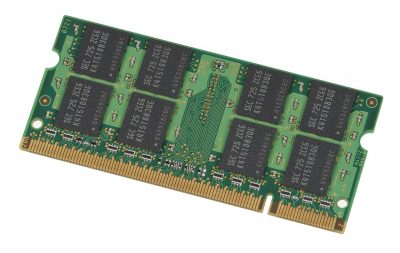(Answer requested by Mark Mathews)
Part of the reason RAM is fast is that it’s volatile — it *wants* to rapidly change state, and requires constant electrical refreshing to prevent it from doing so.
This volatility makes RAM fast, but also means you can’t ever turn it off, or it will lose (“forget”) its contents.
Solid-state drives are non-volatile — that’s the NV in NVMe — meaning that they want to stay in the same state, and can retain data indefinitely (years, even) without any electrical refreshing.
But because non-volatile memory resists change, it takes a little longer to make it remember (or forget) 1 or a 0, compared to RAM. That extra time means that NV memory will always be slower than volatile memory, everything else being equal.
So, PCs use volatile RAM where data speed is most important, and non-volatile memory (SSD or even HDD) where data retention is most important.
Permalink: https://langa.com/?p=4814
![[seperator]](https://i0.wp.com/langa.com/wp-content/uploads/2019/02/SEPERATOR-short-grey.png?resize=104%2C6)
COMMENT / QUESTION on THIS ITEM? See the Comment box at bottom of this page!
NEW QUESTION? Ask here!
(Want free notification of new content? Click here!)
